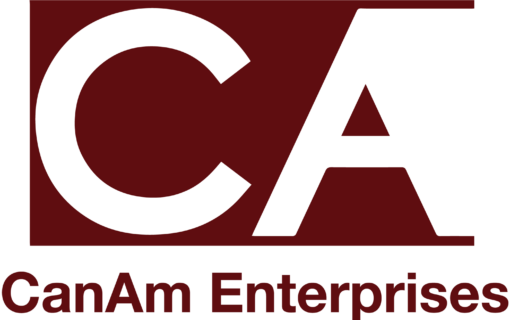Foreigners that are living in the U.S. on a temporary or permanent basis are finding that one thing that doesn’t travel along with them from their home country is their personal credit history. Even individuals who may have had stellar credit in the past have to start from scratch to establish credit history when they emigrate to the U.S.
Foreigners that are living in the U.S. on a temporary or permanent basis are finding that one thing that doesn’t travel along with them from their home country is their personal credit history. Even individuals who may have had stellar credit in the past have to start from scratch to establish credit history when they emigrate to the U.S.
In America, a key measure of creditworthiness is a personal credit score. When you apply for any type of loan or a credit card, the lender will check your credit report and credit score to evaluate credit risk. The credit score is generated from a calculation based on financial history that provides a rating ranging between 300 and 850. The higher the score, the better the credit. That score helps the lender to determine how likely you are to pay back the debt in full and make scheduled payments on time.
One of the commonly referenced branded credit scores is a FICO score, which was developed by data analytics firm Fair, Isaac and Company. However, there are dozens of different companies that track personal financial histories and provide credit scores to lenders. So, an individual may actually have multiple credit scores – all of which should be quite similar.
Credit Score Ranges
- Excellent: 800 to 850
- Very Good: 740 to 799
- Good: 670 to 739
- Fair: 580 to 669
- Poor: 300 to 579
Why is a good credit score important?
Credit scores can determine whether or not a lender is willing to extend a loan or credit card. Being accepted or denied can hinge on a credit score. Credit scores also influence financing rates on things such as mortgages, credit cards and other loans. The lower the credit score, the higher the perceived risk for the lender and the higher rate they are going to charge to cover that risk. Likewise, those with good credit means people generally pay their bills on time and are lower risk, which results in lower financing rates.
All of this creates a huge financial incentive for individuals to achieve very good, if not exceptional credit, as it can easily save thousands of dollars in lower interest rate payments when financing major purchases, such as homes or cars. Personal credit also is a factor for individuals who own their own business and may be applying for business loans. Additionally, credit scores can be used for other purposes besides applying for a loan or credit card. Employers, landlords and even insurance companies utilize credit scores when reviewing applications.
How do I build a good credit score?
Most people build credit scores over time. In fact, you may have already started to build a credit score and not even know it. Credit tracks financial history that can be as simple as paying a monthly cell phone, utility or rent bill. Individuals build on that track record through subsequent credit instruments, such as credit cards, student loans, auto loans and home mortgages. The formula for credit scores takes into account factors such as payment history, length of credit history, new activity and how much of your available credit that you are actually using. In that context, some simple steps to improve your credit score include:
- Pay your bills on time to establish a good payment history.
- Request increases to your credit limits. However, don’t “max out” credit cards or lines of credit. It is important to show that you have a much bigger capacity for credit than you are utilizing.
- Maintain low or zero monthly balances on credit cards.
- Credit agencies like to see a long history. Closing an inactive credit card, or changing cards frequently, such as canceling a Visa and opening an American Express account, can actually hurt your credit score.
Establishing a good personal credit score does take time. So, it is important to get started early. One obstacle for individuals with no credit history is getting those first approvals for credit cards and loans. In some cases, finding someone to co-sign a loan is a viable option. Alternatives for someone with no credit history are to ask someone with established credit to co-sign a loan for you, open a joint credit card account or add you as an authorized user to an existing credit card account. Some banks also offer “credit builder” loans that are secured by an existing bank account or certificate of deposit (CD).
Individuals also need to be mindful of some of the potential pitfalls to poorly managing credit. If co-signing a loan or adding an authorized user to a credit card, make sure there is good trust between the parties so that the card holder does not get stuck with someone else’s debt. In addition, taking on more debt than you can handle, even on a short-term basis, can result in a poor credit score that can take years to repair.
CanAm Enterprises, with over three decades of experience promoting immigration-linked investments in the US and Canada, has a demonstrated track record of success. With over 60 financed projects and $3 billion in raised EB-5 investments, CanAm has earned a reputation for credibility and trust. To date, CanAm has repaid more than $2.26 billion in EB-5 capital from over 4,530 families. CanAm manages several USCIS-designated regional centers that stretch across multiple states. For more information, please visit www.canamenterprises.com.





